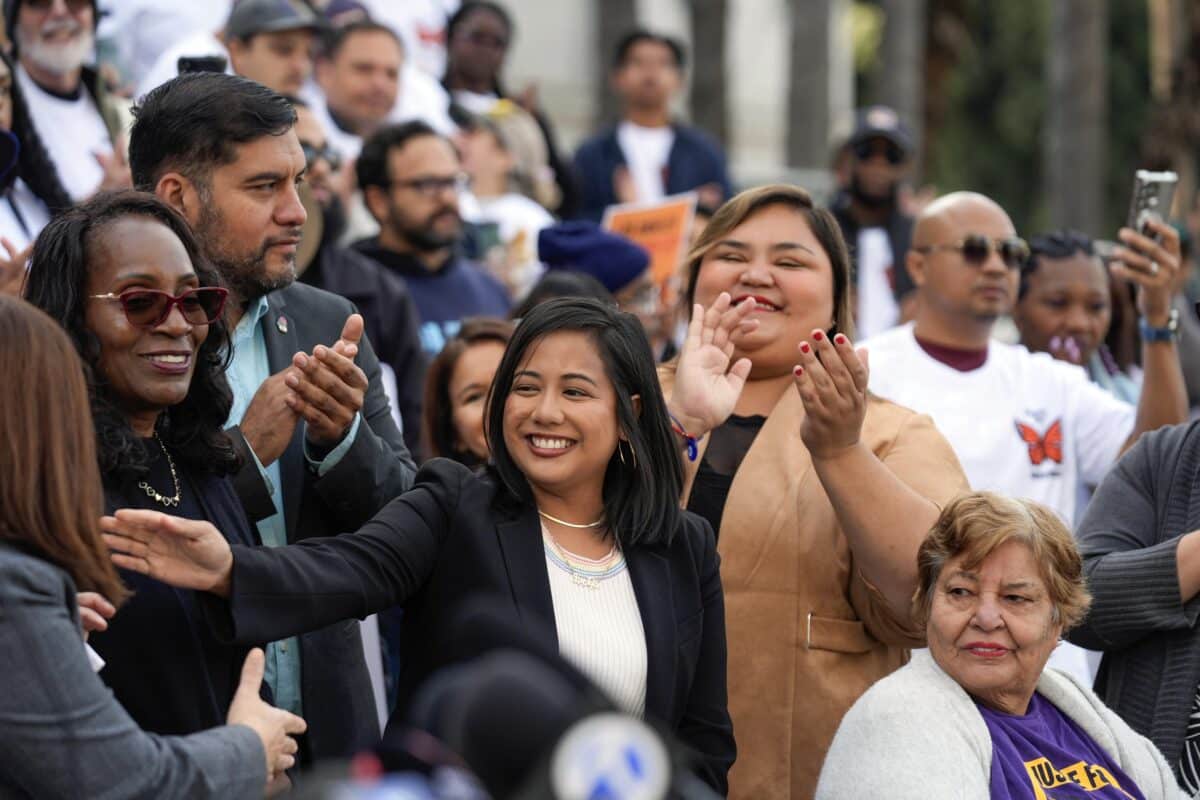During President-elect Donald Trump’s first term, he faced significant opposition from Democratic cities and states that implemented sanctuary policies for undocumented immigrants. These sanctuary jurisdictions refused to cooperate with federal immigration enforcement by withholding information from Immigration and Customs Enforcement (ICE) or refusing to hand over immigrants in their custody.
As Trump prepares for a second term, both sides are bracing for another confrontation, with sanctuary cities planning to maintain their policies despite the anticipated pushback from the new administration.
Trump’s border czar, Tom Homan, has indicated that the incoming administration plans to target sanctuary jurisdictions with “mass deportations.” Homan has argued that local law enforcement should cooperate with ICE, especially when it comes to immigrants deemed public safety threats.
He emphasized that it is the duty of mayors and governors to protect their communities, suggesting that deporting undocumented individuals could help ensure safety. However, Democratic leaders have strongly opposed federal intervention, with California Attorney General Rob Bonta stating that his state will fight any challenges to its sanctuary policies in court, citing the importance of immigrants to the state’s identity.

In Trump’s first term, his administration attempted to penalize sanctuary cities by withholding federal funding and challenging their policies in court. The administration sought to block federal law enforcement grants to sanctuary jurisdictions, but various legal challenges delayed the outcome.
A key case involving the Trump administration’s attempt to prevent sanctuary cities from receiving federal grants reached the Supreme Court but was dismissed after Trump’s election loss. Legal experts suggest that the 10th Amendment, which protects states’ rights, could serve as a strong defense for sanctuary cities in future legal battles.
As Trump prepares for a second term, his administration is reportedly considering expanding efforts to punish sanctuary jurisdictions. Homan has suggested that individuals who impede federal immigration enforcement could face felony charges.
Additionally, Trump is contemplating reviving his previous efforts to withhold federal funding from sanctuary cities, potentially extending it beyond law enforcement grants to include areas like infrastructure and education. However, a 1974 law restricting presidential power to cancel government spending could limit his ability to take such actions without Congressional approval.
Sanctuary cities and states are preparing to fight back against Trump’s immigration policies. Many Democratic leaders, including Bonta, have pledged to take legal action if Trump attempts to withhold funding or implement unconstitutional deportation practices.
However, New York City Mayor Eric Adams has signaled a willingness to cooperate with the Trump administration on targeting violent criminals for deportation, sparking concern among immigrant rights groups. Other Democratic leaders, such as Philadelphia Mayor Cherelle Parker, have shown less certainty about the future of sanctuary policies, suggesting a potential shift in how immigration issues are handled moving forward.
